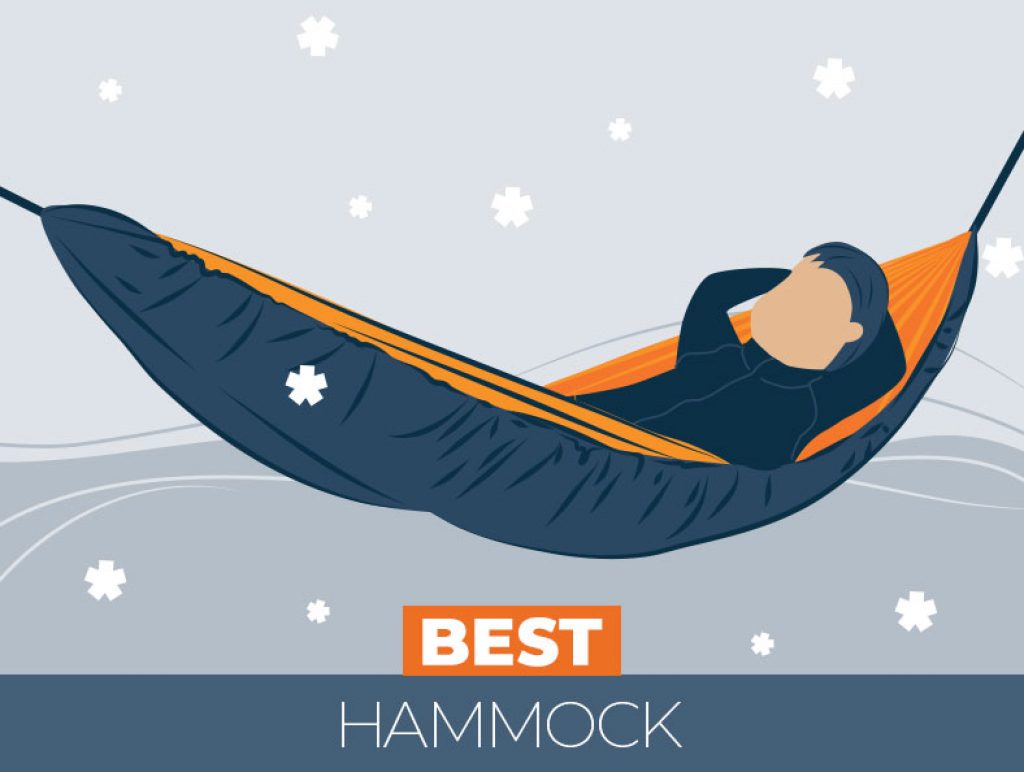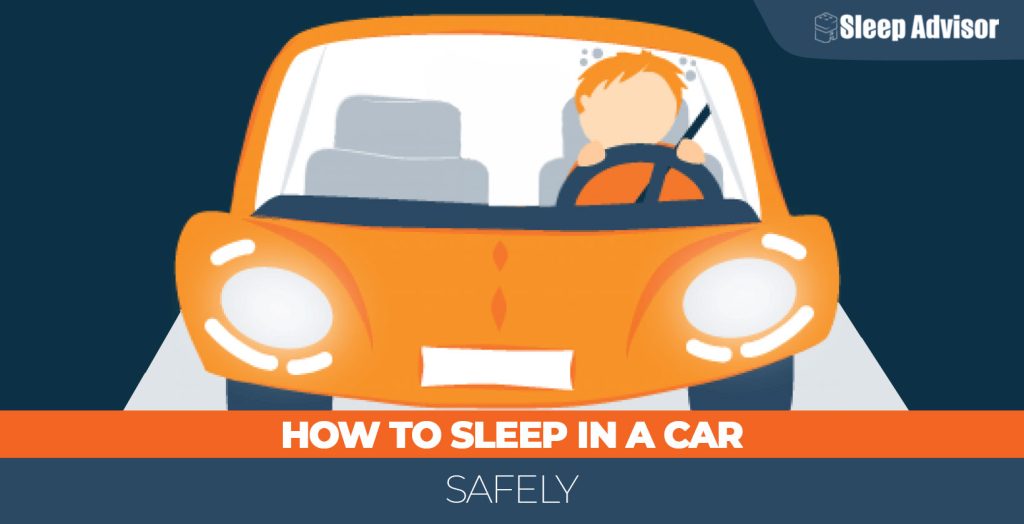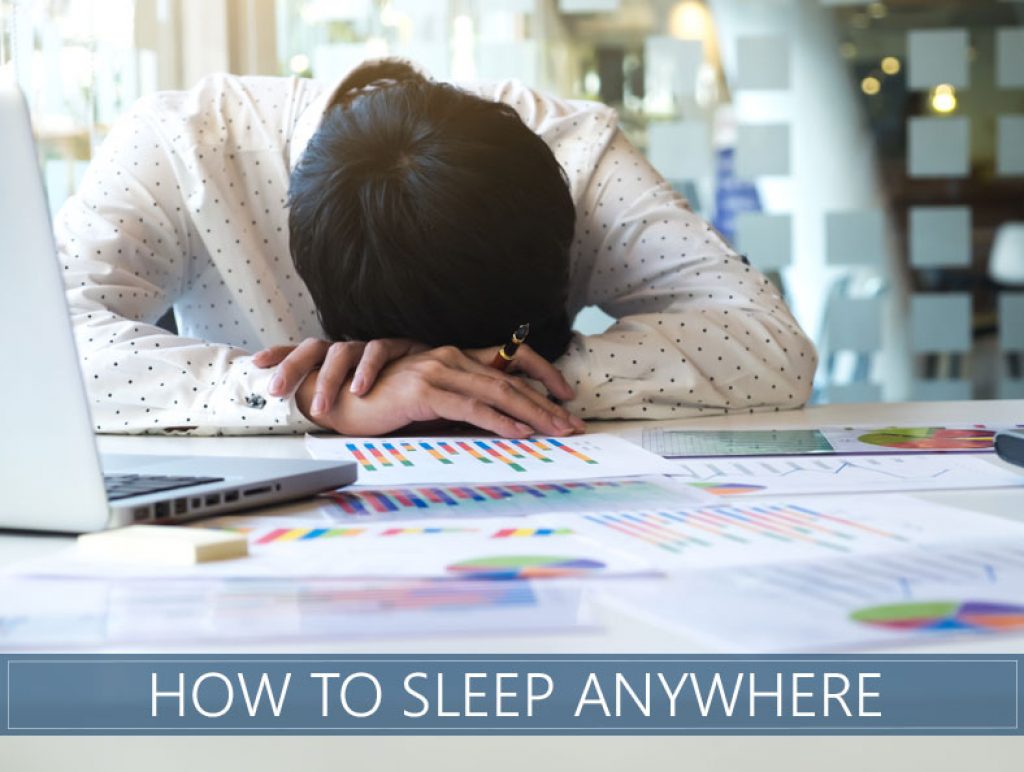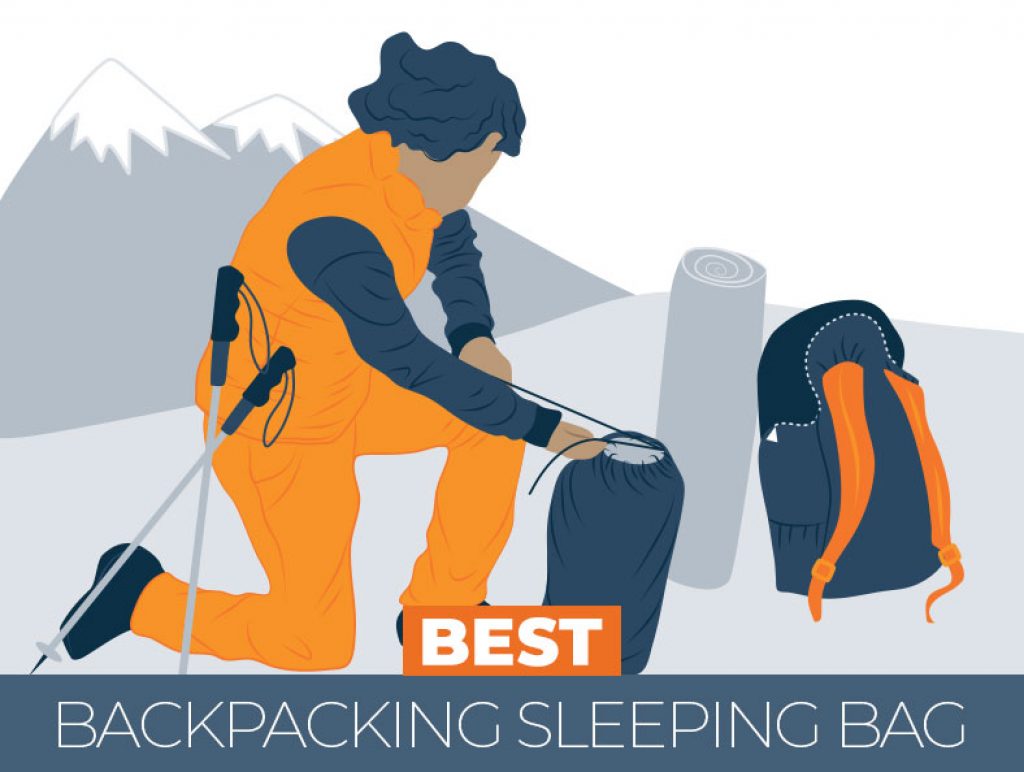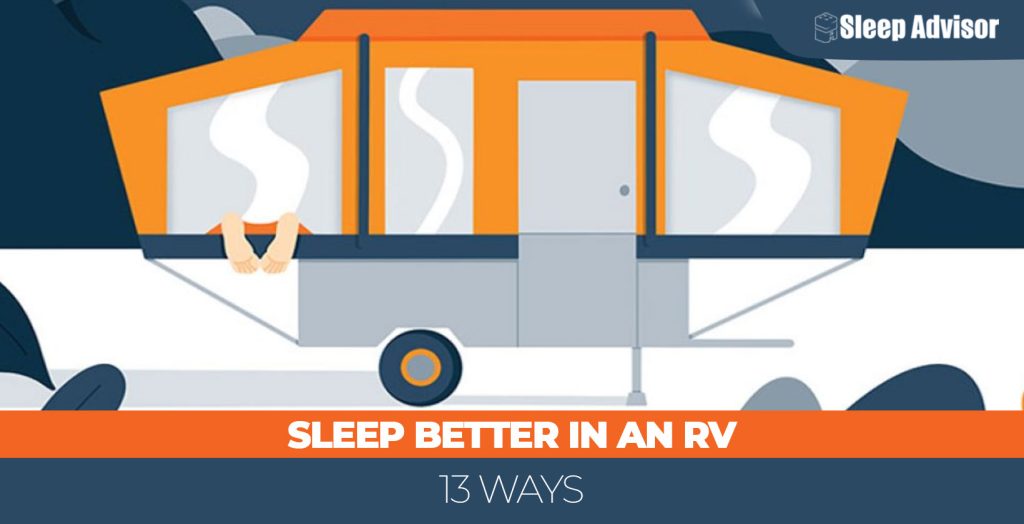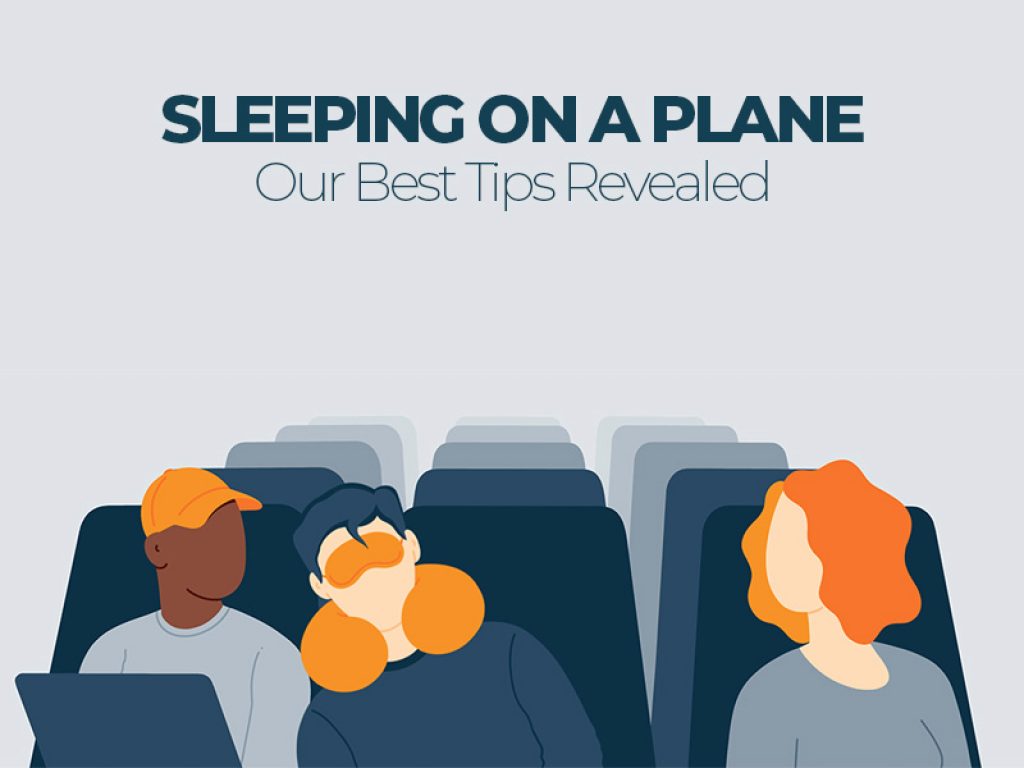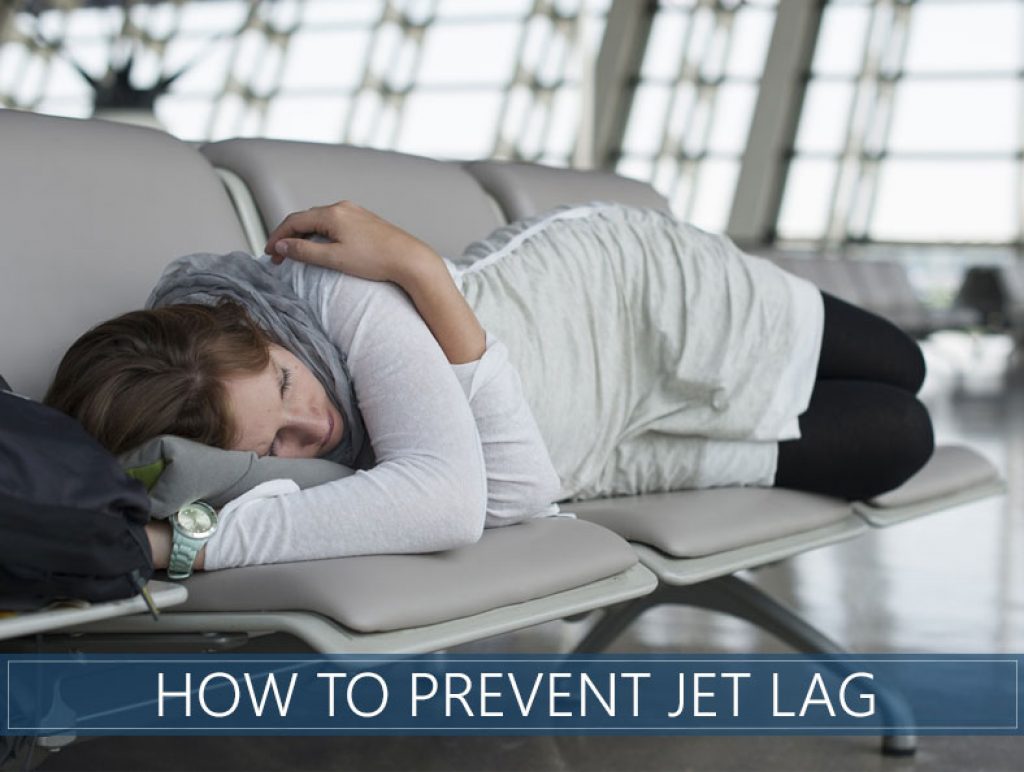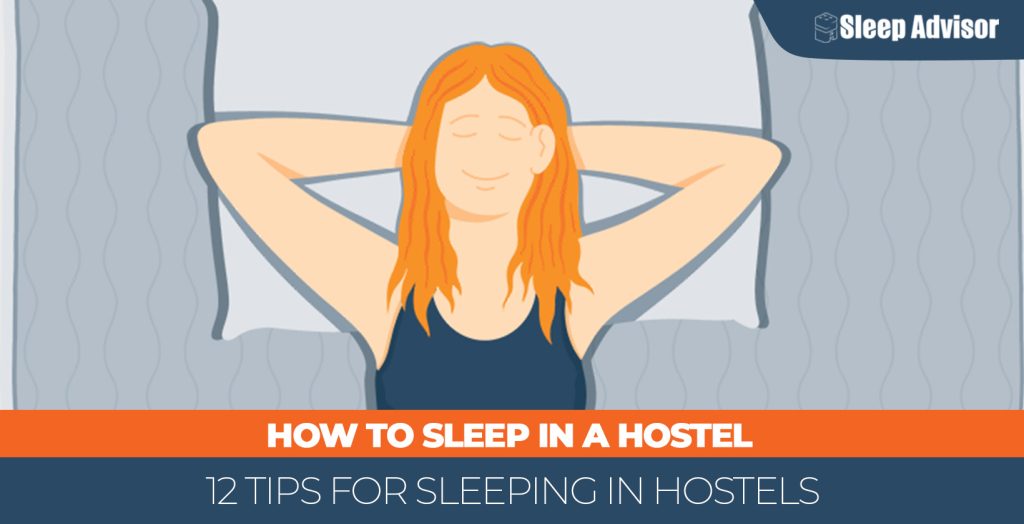Gearing up for your trip around the world? Nothing ruins a vacation more than being exhausted the whole time. There are some things that you can do to spend more time seeing sights than the back of your eyelids.
Before we get to some tips, let’s chat about the thing that rules our lives even more than our jobs: circadian rhythms. Circadian rhythms are our body’s natural clocks. They are to blame for your troubles sleeping in on weekends, making you tired as soon as the clock ticks 10 p.m. every night, and triggering jet lag on your big trip to Europe.
When it comes to travel, your body starts to notice a big difference after crossing two or more time zones. Taking the proper precautions before you leave and during your trip should help maximize the sleep you can get when you are far from home.
Prepare for Jet Lag
Jet lag is no joke — altering your circadian rhythm can take days if you travel far enough away. To avoid this, start moving your bedtime a few days before you leave an hour or so earlier each night. It takes about a day to adjust for each time zone that you cross.
Change your watch right when you board the plane to get yourself a little more prepped. Try not to schedule anything too taxing the first day of travel because you will be tired, but get outside if possible.
This works if you are staying in a new location for more than two days. If it is a short trip, your best bet is to stick to your usual schedule as closely as you can, otherwise, your body is going to be pretty confused. In cases of two-day trips, try to schedule any obligations at a time that you would usually be awake at home.
Learn more: Jet Lag – Meaning, Symptoms and Treatment
Try to Stay Awake until “Bedtime”
As soon as you leave, you will want to pretend that you are on local time in your destination. This means that your bedtime is going to be a bit later or earlier than usual. Try to go to sleep around 10 p.m. “local time.” A good rule of thumb is to do what those around you are doing — if they are out and about, you should be too!
Yes, you might be walking around like a zombie in the market, but it will make the transition a lot faster.
If you are only staying for a couple of days, this tip will not apply to you because you should be trying to stick to your routine at home.
Plan Your Travel to Arrive at Night
Getting to your destination at night works best for most; sleeping on an airplane can be excruciating at times, so unless you are one of the lucky few that can easily catch some zzzs on your flight, you will not be getting much rest during travel.
If you have already set your watch to local time, it should not be too much longer until a “bedtime” of 10 p.m. This works well because you won’t have to trudge through a whole day with no sleep, and you will most likely be exhausted from a full day of travel (that bed will be calling your name as soon as you land).
If a nighttime arrival is not an option, taking a short nap during the afternoon once you arrive is doable, just make sure it is not too late in the day and is shorter than a couple of hours so that it does not interfere with night sleep.
Stay in the Sun
The sun is the ultimate calibration tool; light tells our brain when we should be awake and when we should be sleeping. If the world around you is awake when you land, try to stay out in the sun as long as you can. Walk around town, eat your meals outside, and stay away from dark rooms.
If traveling east, try to get the most amount of sun exposure in the late morning and early afternoon; some suggest wearing sunglasses in the very early morning to limit the amount of light your body gets. If your destination is western, stay in the sun during the evening. This should help you adjust your clock more quickly to the new time zone.
Avoid Rich Foods at Night
After a long day of travel, nothing sounds better than a giant, hot, carb-loaded meal. Unfortunately, if you want to sleep better, this is where self-control comes into play.
There are a couple of reasons for this one: First, filling meals often make us tired, and if you fall asleep too early, the effects of jet lag can be even worse. Second, rich food, despite sometimes making you tired, actually decrease the quality of your sleep. Heartburn, stomach aches, and issues with digestion can awaken you throughout the night.
Learn more: The 17 Best Healthy Nighttime Snacks
Bring Your Own Pillow
There is this thing called the “first-night effect” that scientists discovered years ago. Essentially, the first night of sleep that people get in a new place is so bad, that during research, scientists would just throw out the data for that day. Not the best sign for someone traveling, huh?
Our brains are not as easy to shut down when we are in a new environment, possibly a biological trait from back when we had to protect ourselves from predators out in the wild. To make ourselves more comfortable, making the hotel room more similar to our bedrooms at home can be just the trick. Bringing your own pillow or blanket gives us something familiar to sleep with to make us feel right at home.
Avoid Alcohol the First Day
I know, you are on vacation, and this feels like blasphemy. But hear me out: Alcohol might make you sleep like a log initially, but research shows that it hinders the quality of rest overall. Plus, it is a diuretic, so your slumber will probably be interrupted by frequent bathroom trips.
Anything that messes with your sleep schedule while your body is adjusting to a new rhythm is no bueno. Do not worry, though; once your body is regulated, you can go back to buzzed bliss.
Say No to Coffee and Nicotine
Like alcohol, coffee and nicotine can alter your sleep rhythm, which can be problematic when trying to rework your schedule. Unlike alcohol, coffee and nicotine are stimulants, which effectively convince your body to stay awake.
Caffeine can stay in your system for up to six hours, so try to limit the amount that you consume in the afternoon. Nicotine is addictive, and users often feel withdrawal symptoms during rest because its effects do not last very long. These might cause unwanted midnight wake-ups and overall restless sleep.
Pack Some Lavender Soap
Lavender is known to help you relax, so it is a perfect natural trigger for sleepytime. An easy way to expose yourself to lavender is by using it in soap, which can help the smell linger and the effects last longer. Plus, there are only a few things more relaxing than a delicious-smelling, warm bath before bed.
Our bodies thrive on routine, and following a bedtime ritual every night is good sleep hygiene. Involving lavender into your routine while at home and continuing to do so during a trip can heighten the relaxing effects as your body associates the smell with rest.
Keep the Curtains Open
Because the sun helps our circadian rhythm regulate itself, it could do you some good to keep the curtains open.
As the sun rises in the morning and the room gets brighter, you should wake up naturally. This is an easy way to help move along that adjustment period and reduce the effects of jet lag.
Keep Moving
We are getting a little “sciency” here — research shows that our body temperature has a huge impact on our circadian rhythm, and increasing our temperature tells our body that it should be awake.
If you need to stay awake longer, be sure to keep it moving. Although you may be tired, it helps regulate your wake and sleep times. In the morning, take a warm shower and a short walk to signal that it is time to get going.
Get Strategic with Lodgings
Planning is key for this tip. You will want to do some research to make sure that your accommodations can provide a conducive sleep environment. If your hotel is on a busy street and you are used to it being extra quiet at night, you might have a rough night.
Blackout curtains (used strategically! Not for afternoon naps), a comfortable mattress, and a clean room are a few things that can improve your rest. Your hotel should have a list of provided items and amenities. Make sure that rest is a top priority when choosing a hotel.
Consider Melatonin
Many people claim that sleep aids are life-savers, especially when overcoming jet lag. Melatonin is among the most popular, with millions of users each year.
By definition, melatonin is the hormone that triggers our need for rest and makes us tired.
The purpose of using supplements is to prompt melatonin release either to help those who struggle with falling asleep or to alter a bedtime; however, studies show that exposure to natural light throughout the day is a more effective way to adjust circadian rhythms, so discuss options with your doctor before trying it out.
Read More: Best Melatonin Supplements
Generally, less is more when it comes to melatonin, and you do not want to mess with your body’s natural levels permanently, so use it sparingly.
Conclusion
Sleep might be the last thing on your mind when planning a trip, but it could make or break your vacation. Adopting a few simple changes can impact your rest in a big way, and preparing beforehand can set you on the fast track to dreamland. Seeing the world takes a lot of energy, so take your rest seriously — no one wants to spend their vacation sleeping in the hotel room.
If you do happen to sleep great, consider “bringing home” a piece of your trip: shop our top picks for best hotel mattresses of 2024 or best mattresses for Airbnb and vacation rentals here.
Travel & Sleep
Featured Articles

Jess Carpenter
Content Writer
About Author
Jess is only serious about a few things in life: sleeping, writing, and making the perfect chocolate chip cookie. In her free time, you’ll probably find her having a dance-off to ‘80s pop with her family or watching scary movies with her cat, Waffles.
Combination Sleeper

